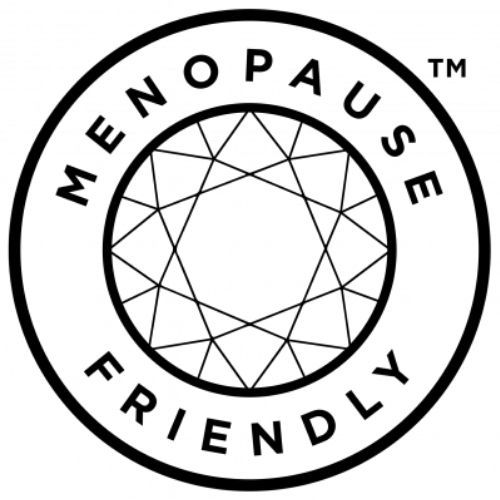The awards represent a shift in employers’ attitudes towards menopause, according to Deborah Garlick, founder of Henpicked, which organised the event.
Speaking to HR magazine, she said: “These awards are really a symbol of progress to me.
“When I started this work seven years ago I couldn’t find a menopause policy in the land. But the last two years have seen an exponential increase in employers who are sitting up and listening.”
Garlick said supporting workers through the menopause has a clear business case, as well as being the right thing to do.
She added: “We have an ageing population and the talent pool is shrinking. But menopausal women are the fastest growing workforce demographic. Employers need to do this to attract and retain talent.
“Organisations which do nothing will miss out and lose some of their most engaged, experienced and valuable talent.”
Read more: Why menopause matters in the workplace
BBC journalist Louise Minchin hosted the awards. Following her personal experience speaking up about menopause at work, she said she wants to help others break the stigma around the topic.
Speaking to HR magazine, she said: “I started talking about menopause four years ago and I had no idea how much interest there would be. I came from a personal space where I didn’t know when and how menopause would affect me.
“I thought, if I don’t know a lot of others probably won’t. I talked about it on BBC breakfast because I want to make it okay to talk about this and empower people to talk about what they need during the menopause to stay in work.”
Read more: Six things to consider when creating menopause guidance
The awards span 11 categories recognising organisations, teams and individuals for their good work.
Many people do not realise they are going through the menopause, as there is so little awareness of the physical and psychological symptoms involved, according to Theresa Winters, senior HR manager at Santander which won the Most Open Workplace Award.
Speaking to HR magazine, she said: “For many women, they wouldn’t even know what they’re going through and wouldn’t be able to talk about it. I can’t even imagine what that’s like.
“The most important thing we can do is facilitate these important conversations. Just being able to talk about this with others will be a huge burden lifted for many women.”
You can find more about the awards here.










